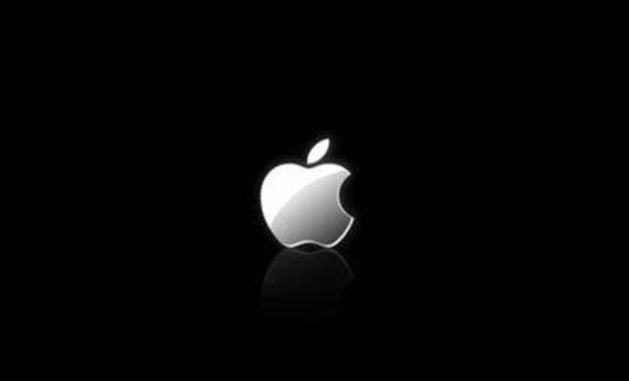In a landmark decision, Apple Inc. has agreed to pay $490 million to resolve allegations of misleading investors about iPhone sales in China. This settlement marks one of the most significant legal reckonings for the tech giant, raising questions about corporate transparency and accountability.
The Genesis of the Dispute
The roots of the lawsuit trace back to statements made by Apple’s CEO, Tim Cook, which suggested a robust demand for iPhones in China. However, the reality was starkly different, as iPhone sales were experiencing a significant downturn. This discrepancy came to light when Apple issued a rare correction to its revenue forecast, revealing a $9 billion shortfall, primarily attributed to the Chinese market.

Investors were caught off guard by the sudden admission, leading to a 10% drop in Apple’s stock price. The fallout was swift and severe, erasing over $70 billion in shareholder wealth in a single day of trading. The class-action lawsuit that followed accused Cook of painting an overly optimistic picture of iPhone sales, thereby misleading investors and affecting their financial decisions.
The Price of Miscommunication
The settlement, while not an admission of wrongdoing by Apple, underscores the consequences of miscommunication between a company’s leadership and its investors. The tech giant maintained its stance that no deception occurred, yet the decision to settle was driven by a desire to avoid further legal entanglements and expenses.
The legal battle, which spanned over four years, highlights the delicate balance corporate leaders must maintain when discussing financial forecasts and performance. The case serves as a cautionary tale for other companies, emphasizing the importance of accurate and timely disclosures.
Implications for Corporate Governance
This settlement is likely to have far-reaching implications for corporate governance, particularly for publicly traded companies. It stresses the need for clear and honest communication with shareholders, especially regarding matters that can significantly impact stock prices and investor confidence.
As part of the settlement, thousands of shareholders who purchased Apple stock during the affected period are eligible for compensation. However, the payout pool will be reduced after legal fees, with attorneys involved in the case expected to claim up to $122 million of the settlement amount.


































